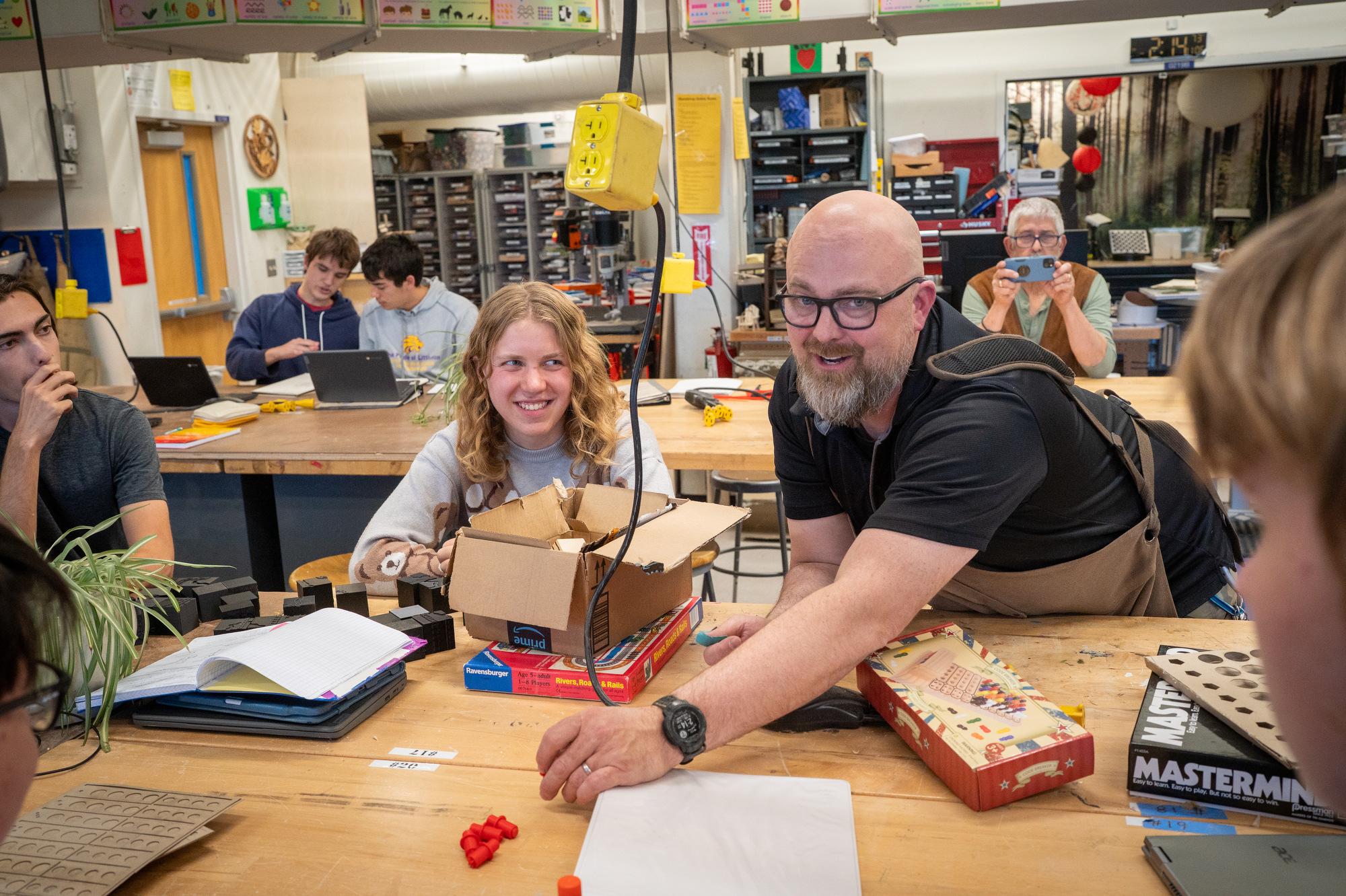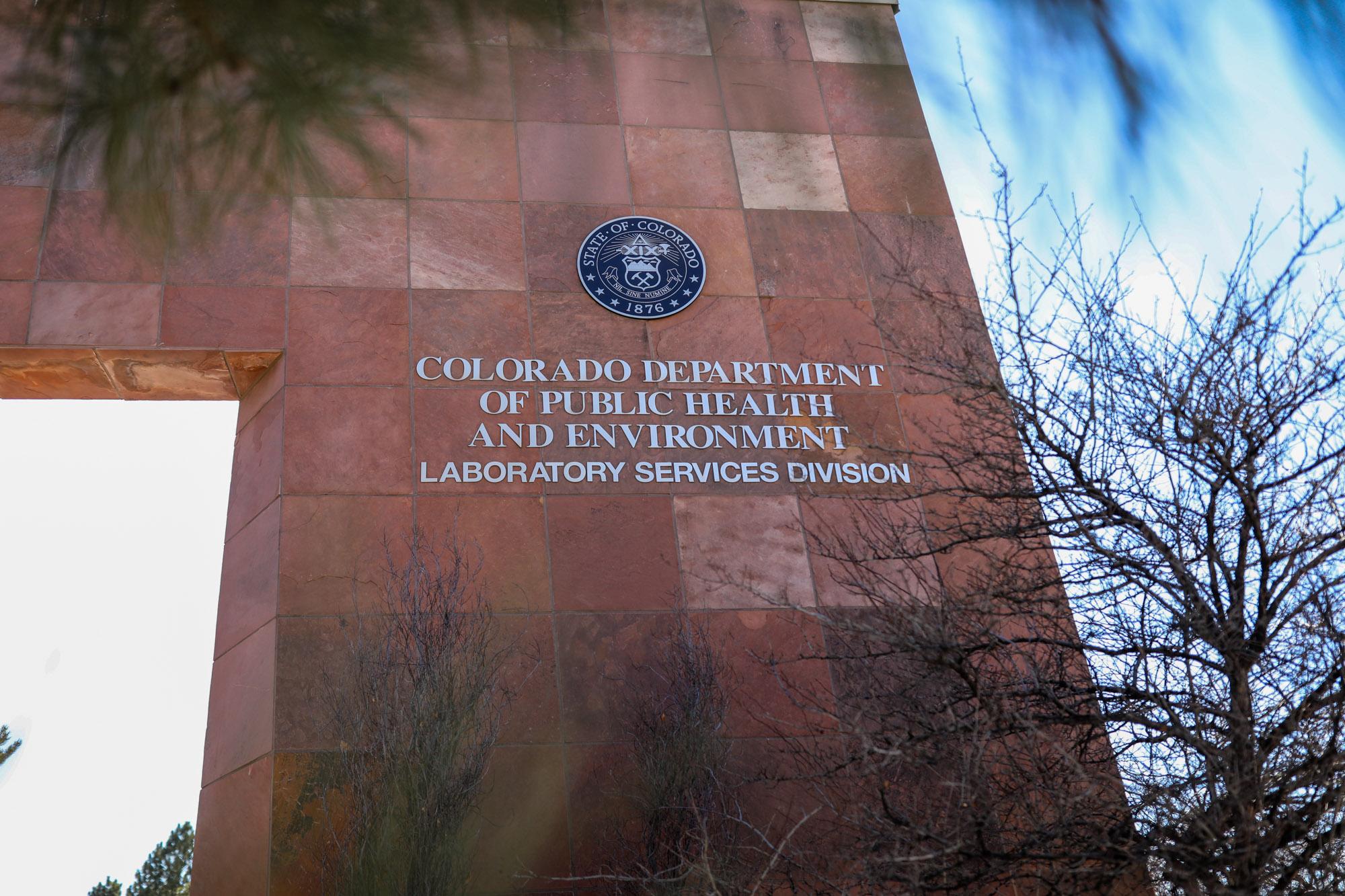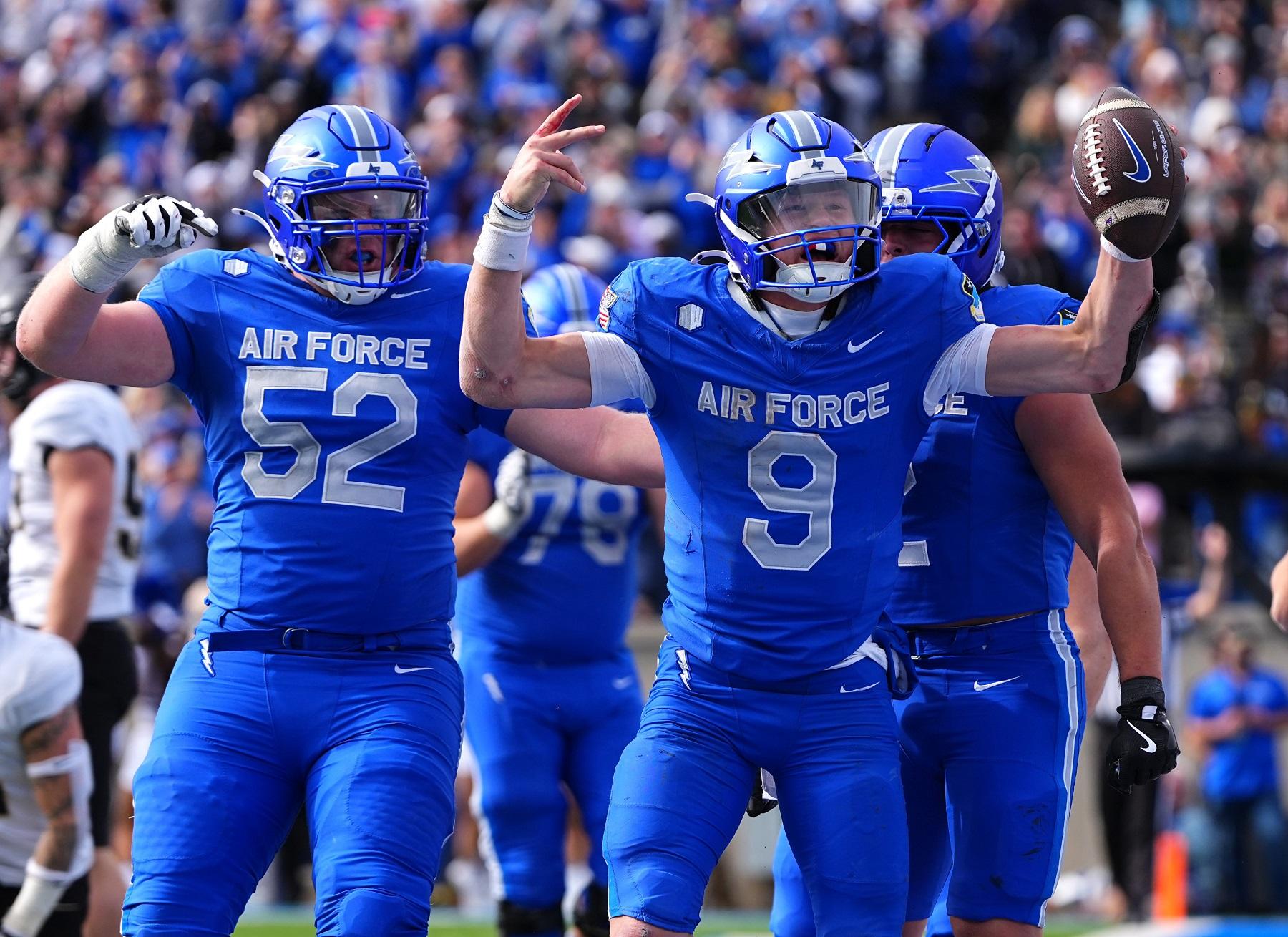
Jim Wiegand knows how difficult it can be for young people in Colorado to get mental health treatment.
“We keep hearing about gaps in mental health services in the state. I don't see them as gaps. I see them as black holes,” the dad from Jefferson County said. “Systems are just failing the families and kiddos over and over again.”
Wiegand and his wife are parents to seven children, four of them they adopted out of foster care. He said the second child, Lucy, came with lots of trauma and lots of issues.
The couple was able to get her through with therapy. Then adolescence hit.
“As soon as she started getting ready to go into middle school, we like to call it the trauma dam burst,” he said.
Lucy was treated for PTSD and had suicidal ideations.
If you need help, dial 988 to reach the Suicide and Crisis Lifeline. You can also reach the Colorado Crisis Services hotline at 1-844-493-8255 or text “TALK” to 38255 to speak with a trained counselor or professional. Counselors are also available at walk-in locations or online to chat.
They tried unsuccessfully to get her into residential treatment in Colorado. Eventually, the parents found a good spot for Lucy — 1,500 miles away in Georgia
“It's complicated. It's a system that does not allow for a parent to be able to navigate,” he said.
Now, a campaign aims to get the state to commit $150 million in federal pandemic funds to improve the mental health of young Coloradans like Lucy.
The governor and state leaders pledged in May to spend $550 million in one-time money for mental health needs. Children's Hospital Colorado and other groups on Tuesday called for about a third of that money to go to those under younger than 24.
Young people are facing crises of mental health on many levels
On a conference call, Dr. Sophia Meharena said kids coming to her Aurora pediatric practice are dealing with higher rates of depression, anxiety, loneliness, substance use and suicidal thoughts.
“This is a health emergency, the mental health of our youth, they're suffering,” she said.
Recent violence offers a glimpse of the crises of mental health faced by Colorado’s younger generation.
“We need our policymakers, our teachers, our leaders, everyone around us to take a part in a stand-in mental health treatment for youth,” said Ashley O’Day, a recent high school graduate and member of a mental health youth action board. “We need to advocate for health care. That includes mental health care because we cannot do this with just our words or social media posts. We need to fight. We need to be heard and we need to make a change.”
The discussion took place the day after six Aurora Central High School students were hospitalized after a shooting that happened just blocks away from Children’s Hospital Colorado’s main campus.
“I think we are seeing it’s a public health crisis when we think about gun violence anymore,” Aurora Police Chief Vanessa Wilson said. “I need us all to be outraged with what happened today. And I need your help.”
The coalition of organizations shared statistics that paint a grim picture. Suicide is now the leading cause of death among Coloradans ages 10 to 24. Only about a fifth of youth who have a mental illness with severe impairment get care. Two-thirds of pediatricians nationally report a lack of training in children’s behavioral health needs.
The coalition includes Healthier Colorado, Partners for Children’s Mental Health, the Colorado Association for School-based Health Care, the Colorado Chapter of the American Academy of Pediatrics and the Colorado Education Association. It issued its Children and Mental Health Playbook on Tuesday, which includes policy and funding solutions to fight the crisis.
A pediatric mental health state of emergency
Children's Hospital Colorado declared a pediatric mental health state of emergency in May, based on increased demand for behavioral health services over the past four months.
David Brumbaugh, the hospital’s chief medical officer, said the trend was unlike anything he'd seen in his 20 years of practice.
"Our kids have run out of resilience," he said. "Their tank is empty. That's where we are right now as a system and it's impacting families across our metro area, across our state."
The new playbook proposes a comprehensive approach, combining the resources of local, state and federal governments. The goal is to create a “long-term vision” for “sustainable funding supported by the community,” said Jenna Glover, a psychologist with Children’s, who directs its psychology training program.
She said the emergency response playbook offers what she calls a tangible opportunity for lawmakers at the local state and federal level levels to acknowledge and take responsibility for failures of the current system. Glover said this time provides an opportunity to invest in the state's mental health system with the federal funding from the American Rescue Plan Act known as ARPA.
Kids make up a third of the population and that group needs at least a third of the $550 million in the state’s ARPA money, she said.
“We're also pushing the state to prioritize children and youth as it considers the development of policies and funding levers as it rebuilds a system that prioritizes kids as the centralized behavioral health administration comes forward with plans,” she said.
A push for new agencies and more funding
The state is creating a new Behavioral Health Administration. The coalition wants lawmakers to insist the new agency include a children and youth infrastructure that is accountable for services, policy and strategy for children and youth, regardless of insurance status, Glover said.
The coalition also wants the state’s congressional delegation to urge that the Biden administration's Build Back Better Act includes $2 billion each year for five years of grants to children’s hospitals for increasing their capacity to provide pediatric mental health services. It backs another $500 million for children’s hospitals and other hospitals to support pediatric mental health care integration and coordination.
“It's a generational, once-in-a-lifetime opportunity, to rebuild a system by strengthening the mental health workforce, by building on the success of telehealth that we have experienced during the pandemic and by enhancing mental health insurance parity to increase access to care,” Glover said.
Several of the speakers spoke to the challenge of recruiting, training and keeping enough providers.
“It is a struggle to consistently meet the needs of our population. You're lucky to fill an open position,” Meharena said. “Without coordinated and sufficient resources, structure that goes across systems with an eye on prevention, not just reaction, and funding to support these efforts, access for all is not sustainable.”
Strengthening the workforce and supporting caregivers needs to be a top priority, said Zach Zaslow, Children’s director of government affairs.
“Folks are burned out whether they're teachers, whether they're primary care providers, whether they’re child psychologists, or whether they're just a mom or a dad who need a little bit of downtime and haven't had it in about two years,” he said. “We need more providers and more caregivers that are trained in and attuned to kids' needs.”
He said the state needs to expand care to help kids before their problems turn into a crisis.
“Right now, our system, if you can call it that, fails kids up to the point where they end up in our emergency department.”
The coalition also aims “to build a cohesive system that unifies siloed programs to really begin to function as an integrated whole,” he said. But that will take funding. Children are one-third of the population and he said that they should receive at least their fair share.
Jim Wiegand’s daughter Lucy was ultimately able to get what’s called trauma-focused cognitive behavioral therapy treatment through a program at Youth Villages.
“When she was completing this therapy, you could see the change in her. It was the most amazing thing to see as a parent,” he said.
But she got that treatment in Georgia, not in Colorado. Still, he’s grateful that was an option.
“We have friends, their child was in the hospital for six months, because there was no placement for them,” he said.








